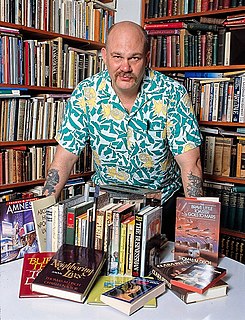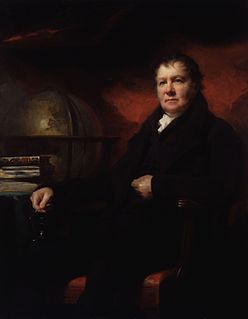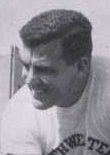A Quote by Thomas M. Disch
But before any of the small appliances who may be listening to this tale should begin to think that they might do the same thing, let them be warned: ELECTRICITY IS VERY DANGEROUS. Never play with old batteries! Never put your plug in a strange socket! And if you are in any doubt about the voltage of the current where you are living, ask a major appliance.
Related Quotes
A brother with small earnings may ask,''Should I also give? My earning are already so small that my family can barely make ends meet.'' My reply is, ''Have you ever considered that the very reason your earnings remain so small may be because you spend everything on yourself? If God gave you more, you would only use it to increase your own comfort instead of looking to see who is sick or who has no work at all that you might help them.
No mistake about it. Ice is cold; roses are red; I'm in love. And this love is about to carry me off somewhere. The current's too overpowering; I don't have any choice. It may very well be a special place, some place I've never seen before. Danger may be lurking there, something that may end up wounding me deeply, fatally. I might end up losing everything. But there's no turning back. I can only go with the flow. Even if it means I'll be burned up, gone forever.
It is not strange that some of our revoltes preach trial marriage: for the only safe way to marry them at all would be on trial. Until you had definitely experienced all the human situations with them, you would have no means of knowing how, in any given situation, they would behave. They might conform about evening-dress, and throw plates between courses; they might be charming to your friends, and ask the waiter to sit down and finish dinner with you. Or they might in all things, little and big, be irreproachable. The point is that you would never know.
The Author of nature has not given laws to the universe, which, like the institutions of men, carry in themselves the elements of their own destruction; he has not permitted in his works any symptom of infancy or of old age, or any sign by which we may estimate either their future or their past duration. He may put an end, as he no doubt gave a beginning, to the present system at some determinate period of time; but we may rest assured, that this great catastrophe will not be brought about by the laws now existing, and that it is not indicated by any thing which we perceive.
There must be no barriers to freedom of inquiry... There is no place for dogma in science. The scientist is free, and must be free to ask any question, to doubt any assertion, to seek for any evidence, to correct any errors. Our political life is also predicated on openness. We know that the only way to avoid error is to detect it and that the only way to detect it is to be free to inquire. And we know that as long as men are free to ask what they must, free to say what they think, free to think what they will, freedom can never be lost, and science can never regress.
But I'll never see any of those fish," said Maxie."Or those whales. Or any lions or tigers. I'm never going to set foot in a rain forest now, am I? I won't even be able to watch old DVD's about them without electricity. What does the future hold? It's like going back to the middle ages. Nobody knowing what was going on beyond their front doorstep. All I'll ever know is this. This little bit of London.
Showing weakness will encourage your opponents. It inspires them. It encourages them to hit harder. To come faster. But when you don't show any fear, or when you don't show any hurt, you have the opportunity to discourage your opponent. You discourage your enemies. The bottom line is, if you think properly, you don't even have to think about all of that. All you have to think about is that guy across from me is human, and so am I. And he'll never out-work me. He'll never out-think me. And if you can't out-work me, and you can't out-think me, you'll never beat me.
What should we think of someone who never admits error, never entertains doubt but adheres unflinchingly to the same ideas all his life, regardless of new evidence? Doubt and skepticism are signs of rationality. When we are too certain of our opinions, we run the risk of ignoring any evidence that conflicts with our views. It is doubt that shows we are still thinking, still willing to reexamine hardened beliefs when confronted with new facts and new evidence.



































